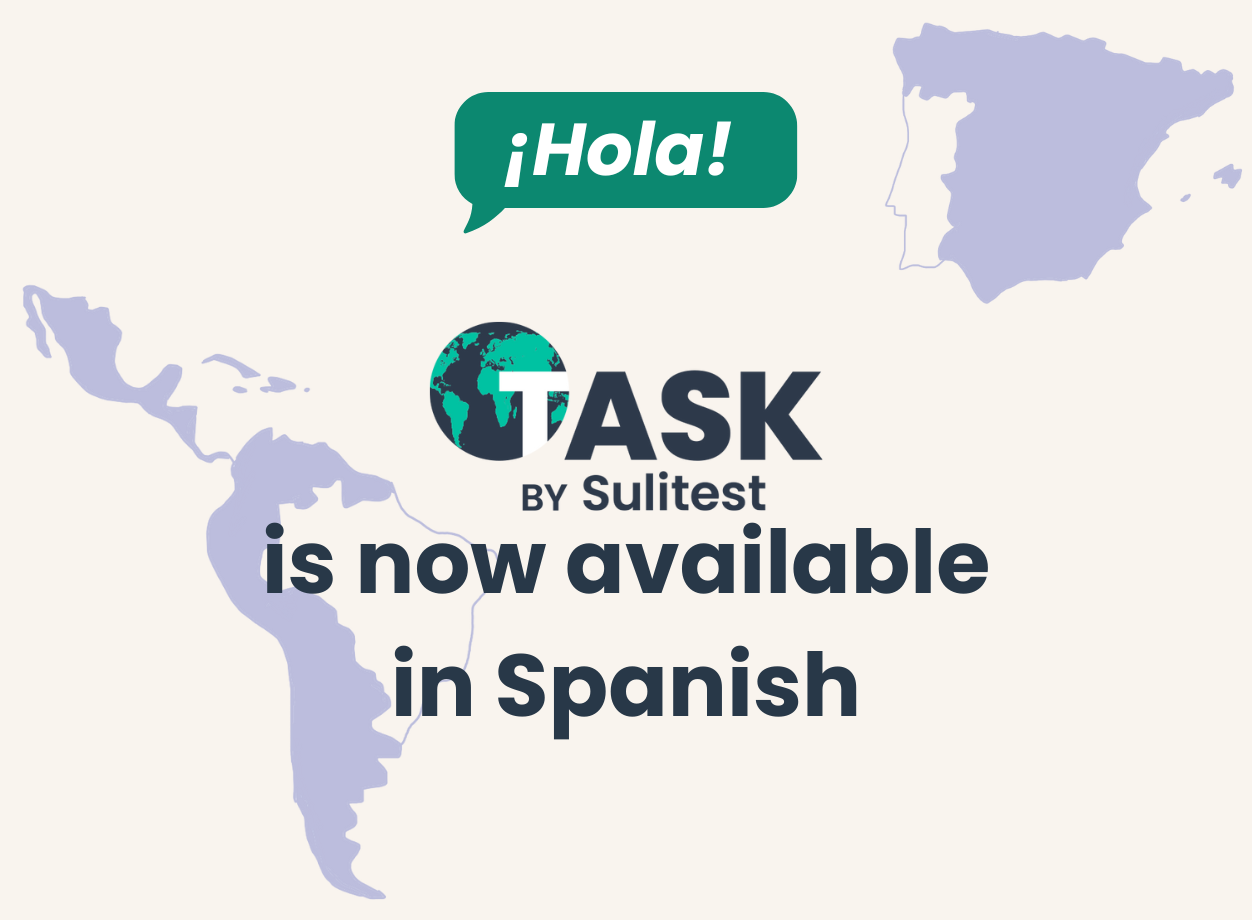
How TASK™ supports curriculum revision and accreditation at Onsi Sawiris Business School

The Onsi Sawiris School of Business at The American University in Cairo (AUC) is recognized as one of the leading business schools in the Middle East and Africa. Founded in 1947 and restructured in 2009, the school combines academic excellence with innovation and a strong connection to industry and civil society.
In 2024, a landmark philanthropic gift from the Onsi Sawiris family — the largest in AUC’s history — led to the renaming of the school, reinforcing its vision to become a beacon of business excellence regionally and globally. Holding the prestigious triple crown accreditation (AACSB, EQUIS, and AMBA) and ranked as Africa’s top business school by Eduniversal since 2012, the school is committed to developing entrepreneurial and responsible global leaders guided by values of excellence, integrity, inclusion, and collaboration.
Why TASK™?
As explained by the School's Academic Assessment and Accreditation Officer, the school adopted TASK™ to strengthen students’ sustainability competencies and to embed a structured, evidence-based framework for assessing and developing sustainability knowledge across programs.
“TASK™ provides a globally recognized tool that helps us both measure learning outcomes and design interventions to close identified gaps. It aligns perfectly with our strategic priority of embedding sustainability across the curriculum rather than treating it as an isolated theme.”
Integration and insights
To support implementation, a cross-functional task force of faculty members, program directors, and Assurance of Learning team members mapped TASK™ to existing learning outcomes, designed the student experience, and analyzed data to inform curriculum revisions. This collaborative approach fostered ownership and ensured strong alignment with strategic goals.
TASK™ is offered to students primarily through the mandatory undergraduate Internship course. This ensures that all students complete the assessment before graduation, giving the school consistent data across cohorts.
“We also piloted TASK™ within certain courses from our three departments, which helped us evaluate how TASK™ data correlates with course content and learning design. These pilots highlighted where sustainability competencies are already strong and where reinforcement is needed,” added the School's Academic Assessment and Accreditation Officer.
As Dr. Maha Mourad, Associate Dean for Undergraduate Studies and Administration, noted during an international conference hosted at the school, data revealed that many high-performing students came from a small set of courses — a valuable insight for scaling best practices across the curriculum.
Informing curricular revision
TASK™ has also informed the revision of the school’s undergraduate rubric for the learning competency goal “Global and Sustainable Awareness.” The updated definition reflects the three pillars of the TASK™ framework — Earth Systems, Human Welfare, and Levers of Opportunity, and is defined as:
“Students will demonstrate an understanding of global interdependencies and sustainable development challenges, including environmental systems, human welfare, and the levers of opportunity for addressing these challenges. They will apply this understanding to analyze business decisions and propose responsible, future-oriented solutions.”
This revision ensures sustainability is embedded as a core expectation across all disciplines, not confined to a single course.
Beyond informing curriculum, TASK™ supports international accreditation processes (EFMD, AACSB) by providing measurable evidence of learning outcomes, demonstrating societal impact, and offering benchmarking opportunities with peer institutions.
A catalyst for transformation
Overall, TASK™ has become a catalyst for embedding sustainability more systematically in the school’s teaching, learning, and strategy. It has:
- Provided actionable data to guide curriculum design
- Helped faculty strengthen sustainability content
- Informed strategic initiatives around responsible management education
- Reinforced the school’s identity as a leader preparing graduates for the sustainability challenges and opportunities of the 21st century












